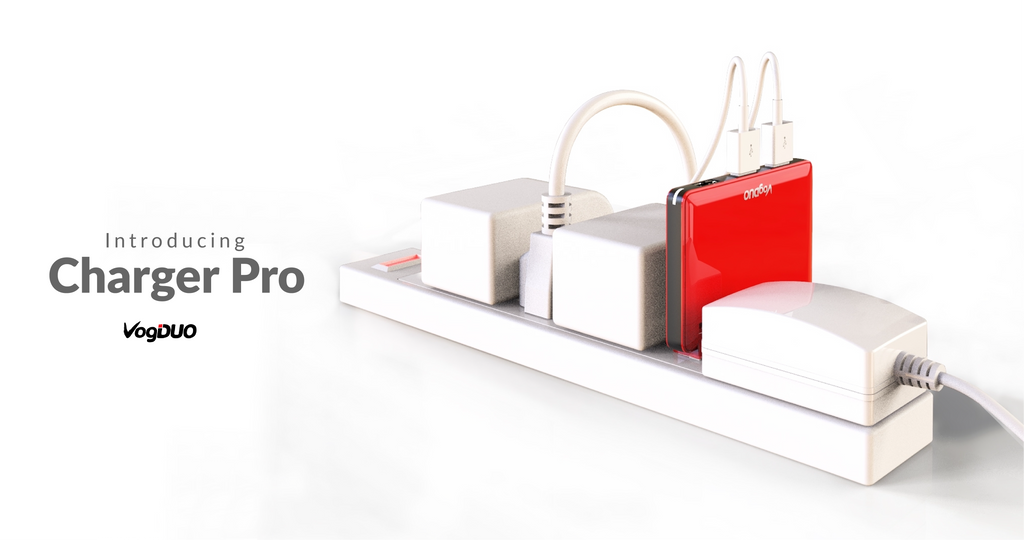When wireless charging technology like the Qi standard first debuted the phone market, it was a niche feature supposedly made for geeks. It came with a plethora of bugs and was reserved for the crème d la crème smartphones of the industry. Fast forward to today, and virtually every high-end mobile device comes bundled with wireless charging, Apples new AirPod and the Samsung Galaxy lineup being classic examples.
Away from the issues of slow charging speeds and placement sensitivity that trailed old-gen iterations of Qi wireless charging, today’s improved wireless charging tech stirs up a different and some might say more impactful concern; will it degrade your battery faster than traditional wired charging? To answer that question lets, first of all, foray, into how batteries and device charging works
-
Battery tech
In their most fundamental form, batteries consist of two electrodes – one positive (anode) the other negative (cathode) – separated by an electrolyte. This electrolyte functions in such a way that it allows lithium ions to move between the electrodes. When you use your mobile device, i.e., discharge it, lithium ions move from the positive terminal (the anode) to the negative one in the process powering your phone. When you charge your phone, they are forced back to the negative terminal by the electricity supplied by your charger.
It gets interesting. Over time as you repeatedly move the lithium ions back and forth through the two terminals, the electrolyte degrades and in so doing loses its ability to transport ions effectively. Each complete back and forth movement of ions is called a charging cycle, and factually speaking the more charge cycles your battery goes through, the lesser its ability to carry ions and thus hold a charge. Most smartphones, case in point Apple’s iPhone Xs/Xs Max are designed to resist degradation up to a threshold of 500 charge cycles. Within this limit, degradation occurs, but it is at its minimal level sometimes only dropping a battery’s hold capacity by 5%. Above that limit however and it’s more of a slippery slope. The critical point to take away is that this is the basic mechanism by which batteries operate whether they’re being charged by wireless or wired chargers.
So where does the fear of wireless chargers being the antihero stem from
-
Wireless charging; separating fact from fiction
Wireless chargers like their name let out do away with the wires. With them there’s no need to fumble with cables or care about charger damage; basically, they make the whole charging process less stressful and more convenient. To deliver electricity to your battery for charging, Qi wireless charging devices beam current using a magnetic field to a receiver magnetic coupling located on your device. Some schools of thought (see here) believe that this basic wireless charging mechanism puts phone batteries in an overdrive mode, forcing them to simultaneously deliver power to your device while charging, as opposed to the traditional setup where batteries get a rest as they charge.
Usually, when you plug in your device, power is delivered by the charger, and the battery merely charges up.
If the former scenario is the case, then Qi wireless charging is putting your battery through more charge cycles than is necessary, and by virtue of this will degrade your battery faster than wired charging.
But this is not true.
Wireless charging does not force your device’s battery to charge and discharge at the same time. In the words of Menno Treffers, the Wireless Power Consortium Chairperson, ‘a phone’s battery is not drained when you use it while charging wirelessly.’
Although there’s a tendency for battery temperatures to rise higher with wireless chargers (due to the high voltage some of them use), the same can be said for any off the shelf wired Apple iPhone Xs/Xs Max charger. In the end, the charging mechanism and potential degradation are the same whether you use a wireless or wired charger.
-
Which one should you get
Well, that’s for the most part dependent on your needs. Are you looking for a convenient, not to mention practical, less prone to damage, increasingly ubiquitous way to charge your devices? Or you’re the type who wants what some might say is the more reliable, faster and less gimmicky method of charging devices. If the latter is your predisposition, then you’re probably better off with wired charging setups like the VogDUO Charger Pro charger. If you fall into the former category, then, by all means, don’t be afraid to try out a wireless charger.

Contrary to what is now ‘word on the street’ they don’t degrade batteries faster than wired chargers. If anything the fact that they force you to drop your phone while it charges, ergo reducing the number of charge cycles, means they are more likely to improve battery lifespan. Great news for your Samsung Galaxy and Apple iPhone Xs/Xs Max devices.



